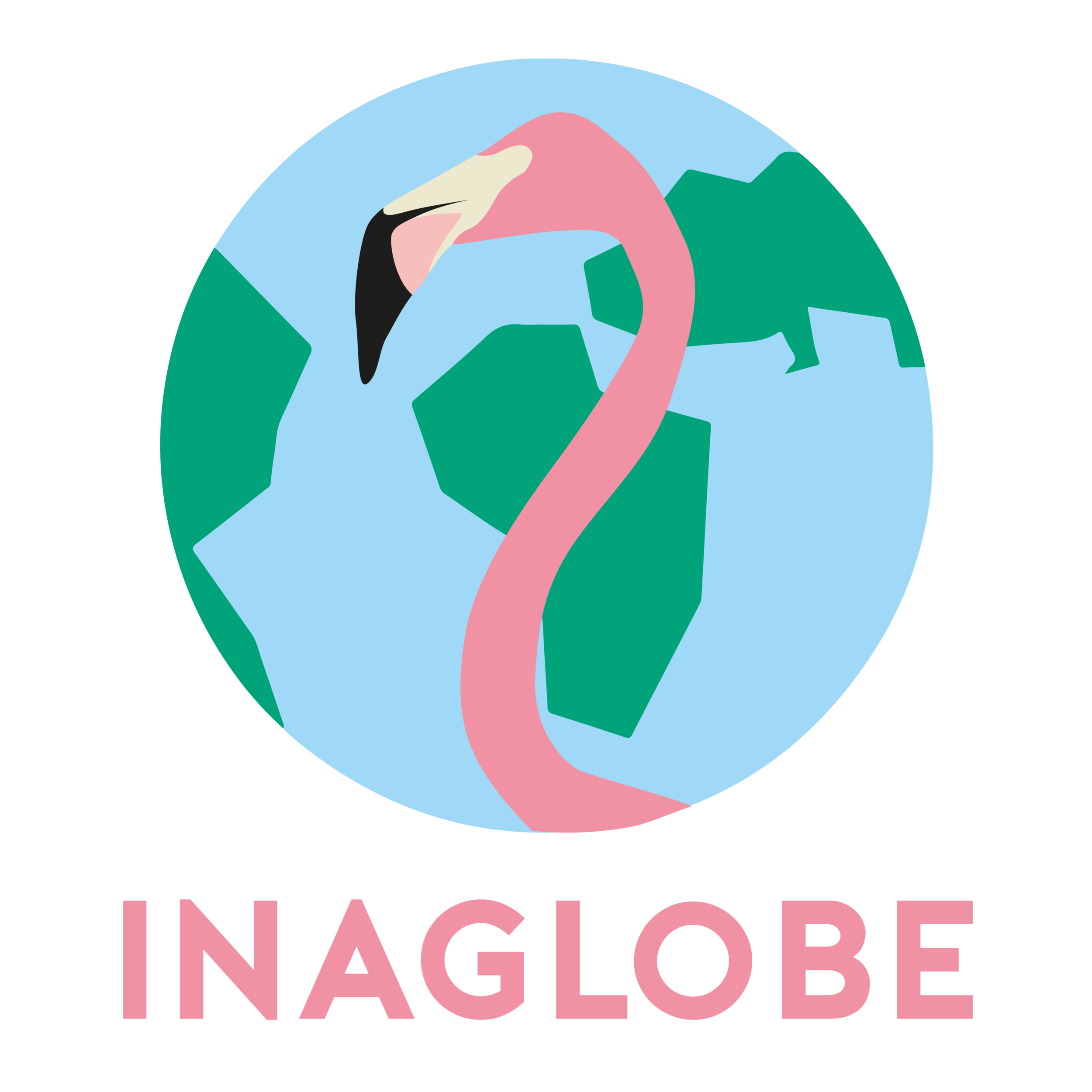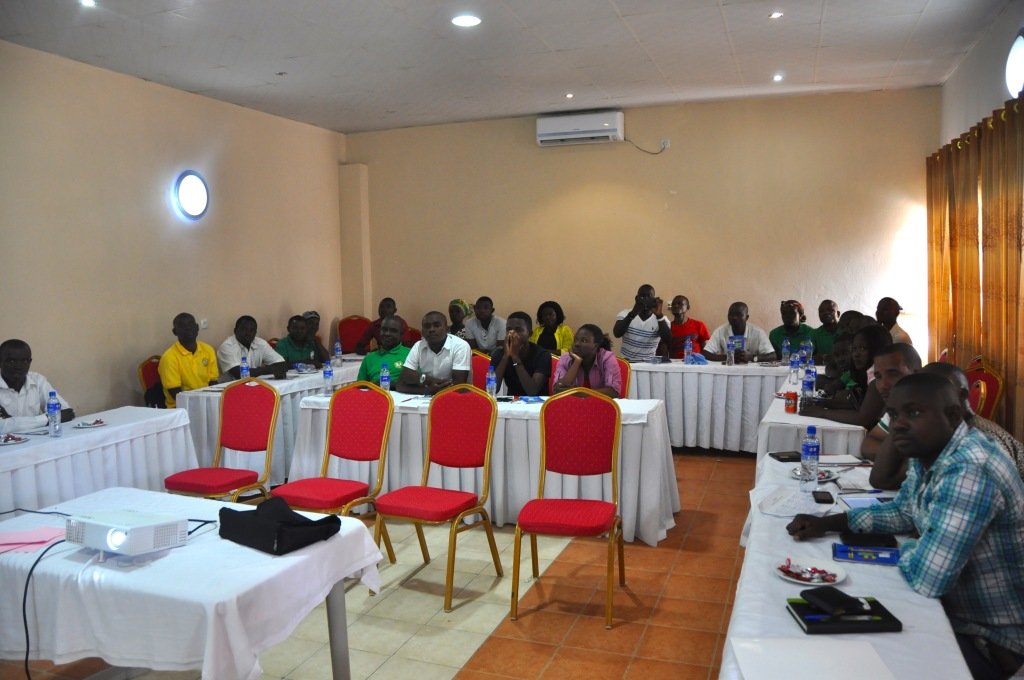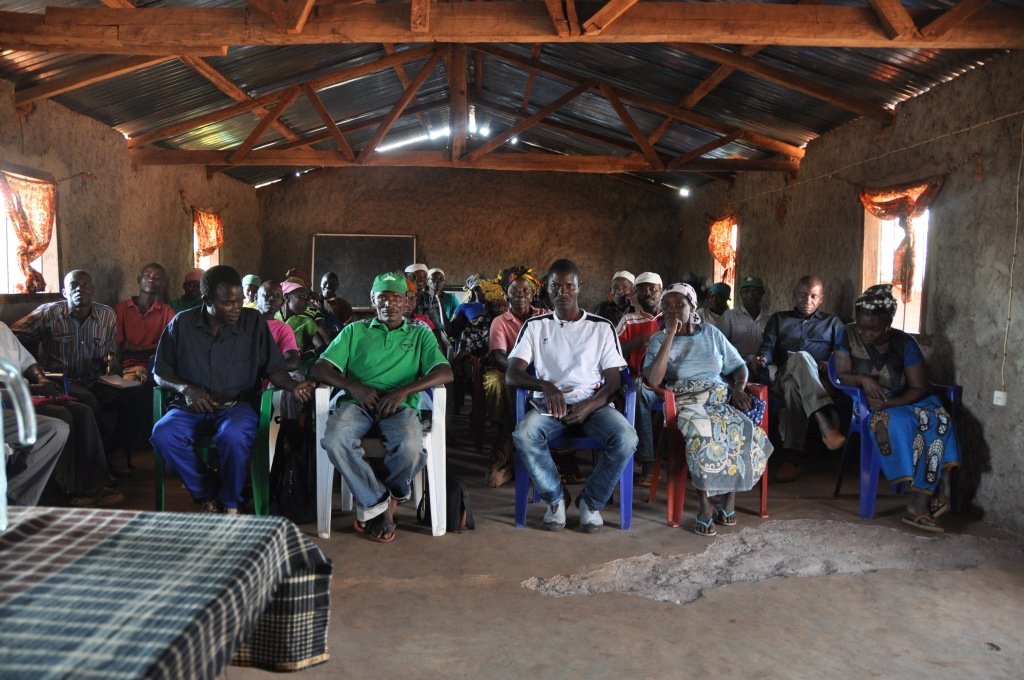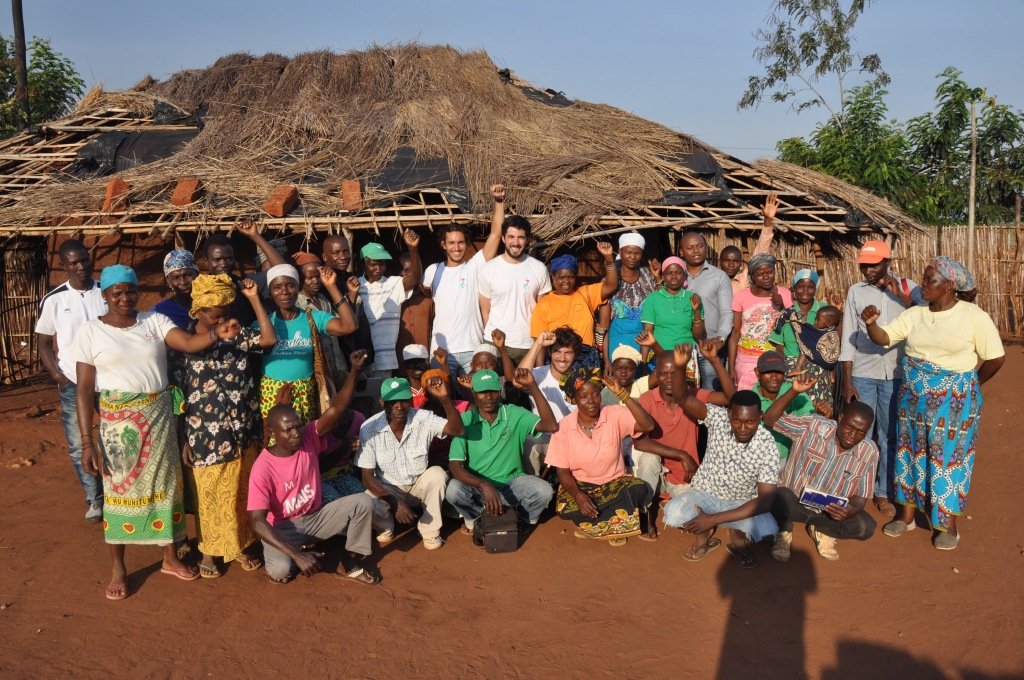Mozambican-Swiss Hospitality & Grain
Wednesday was a very exciting day. We had the chance to go into the field with a Project manager from Helvetas. Our aim was to get a real feel of how the work on the field was for Helvetas, to understand the different actors in the value chain and to also understand the culture better, in respect to the social and hierarchical aspects of a project. During the whole day we spent several hours in the car, which gave us the time to speak further with Mauricio, troubleshooting and learning more and more about the field. We would like to express deep gratitude to Helvetas for the opportunity and for having organised an impeccable day.
The day began from our hostel, from which we initially drove an hour inland into the province of Cabo Delgado, to the district of Ancuade, specifically to Matuate. In Matuate, there is a water storage and treatment facility that was co-financed, and still is supported and monitored by Helvetas. The operator is private, which allows for the facility to be self-sustainable and at the same time creates jobs within the community; this is an approach that we share with Helvetas. This is a form that compels people to pay for the service given that they see that it is owned by the same community (the labour force is local). This is still a young project, which is in the process of becoming sustainable, still having to provide water for more families that will allow the whole functioning to be independent of any financial help. During our drive we found out very interesting information about the climate in Cabo Delgado, and it was very interesting to find out that as a result of the binary seasons (dry and rainy) the rivers are termed “periodic”, as they completely dry out during the dry season. This makes water storage ever most crucial.
After the Matuate, we headed to to the city of Chiure, capital of the district that holds the same name. In Chiure we made several visits; starting with one of the main facilitating and dictating bodies of the area, the local government office that is in charge of economic growth. In the area of Chiure, given its large concentration of farming communities, the office puts emphasis on agricultural support. The importance of this governmental structure is crucial. In Mozambique 55% of the population are subsistence farmers, and thus agriculture can become a means of income if up-scaled. We had the chance to speak with the lady in charge, giving us a good opportunity to get an account from an administrative perspective. After this we headed to one of the main attractions for us, to attend a training. As part of the InAGlobe platform, one of the components is a training programme, and as such we want to have an idea of how NGOs do it in Mozambique in the field, allowing us to be as culturally sensitive as possible, as well as to cater it to the learning methods that local Mozambican volunteers and educators are familiar with. During the viewing there were very interesting insights made on the technology used, the Powerpoint presentation, how the lecturer addressed the crowd, within other aspects of interest. We were very intrigued about how oral discussion is used as a tool to educate despite being in a lecture format.
After Chiure city, we headed deep into a rural area of the district to visit a farming village and to there have the chance to speak to the association of farmers of the locality, Muhuranga. We were greeted with singing and clapping, and with a home-made meal. The site was of houses made of adobe and thatch roofs. We had the chance to do a Q&A with the presidents of the different cooperatives within the association. This gave us valuable interaction time and insight on the kind of preoccupations they have as well as to understand how their rhetoric was guided. After the Q&A, we were given a tour of the village, visiting grain storage devices, drying techniques sites and the well and water pump that supply the village with water.
The day out in the field was an amazing experience for the members of InAGlobe, we had the chance to observe first hand the work of an international NGO and how they operate. Once again we would like to thank Helvetas, and specifically Mauricio for spending the entirety of his day showing us the field. We are very excited with all the ideas that arose from this experience and hope to work closely with Helvetas in the following months, and, hopefully, years.



